A major breakthrough recently was establishing the first name of J McAdam of Third Lanark, capped against Wales in 1880. This was one of the longest pieces of research I have done. The clue came as a few years later he was reported in an SFA annual as "J McAdam of Third Lanark fame" playing for Cumbrae in the Buteshire Cup. I found him in an 1883 directory as J McAdam, a teacher at Cumbrae Public School, but despite trawling through microfilm of the Largs and Millport Gazette at the National Library of Scotland, he was only ever referred to by his initial J. It took a trip to Glasgow's Mitchell Library where I read the handwritten minute book of the Cumbrae School Board, and to my delight they recorded the appointment on 4 September 1881 of Mr James McAdam as Assistant Master at a salary of £70 per annum. And it even gave his home address in Glasgow, which in turn allowed me to establish his birth in Thornliebank on 30 March 1860.
I am at the stage now where the end is in sight for this body of research, with just 12 'open cases'. There are two players whose identity I have not confirmed, William Gibb of Clydesdale (v England 1873) and Robert McPherson of Arthurlie (v England 1882) but I have leads to follow for both.
More frustratingly, there are ten players whose birth and career details are known but thereafter they vanished into the ether. Some emigrated, some had such common names that there are too many possibilities, one seems to have deliberately erased his tracks; but with increasing numbers of records coming on line, I am hopeful that I will eventually find a date and place of death for them all. For the record, the 'missing ten' are:
William Anderson (Queen's Park, capped 1882-86). The 'demon dodger' went to Chicago where he married in 1890 but then returned to the UK and was last recorded working in insurance in 1911.
Tom Brandon (Blackburn Rovers, capped 1896). He got into marital difficulties and was taken to court by his ex-wife in 1900, by which time he was playing for St Mirren. He reportedly emigrated to the USA with his new wife and son but there is no record of him there and I think he probably changed his identity.
John Gilchrist (Celtic, capped 1922). Wrongly identified in most reference books as John Wotherspoon Gilchrist born 1899, he has no middle name and was born in Kirkintilloch in 1900. He spent time in the USA but is last recorded as a wartime Royal Navy stoker in 1940.
Alex Graham (Arsenal, capped 1921). Another one often wrongly identified (with an additional first name of John), he was born in Galston in 1889 and last reported as manager of Folkestone FC in 1927.
James McAdam (Third Lanark, capped 1880). As reported above, recently identified but tracking his later life in the USA has so far proved elusive.
John Smith (Ayr United, capped 1924). A difficult name to research, 'Fermer Jock' appears to have retired to a farm in Scotland but no death record has been found.
Bob Thomson (Falkirk, capped 1927). A strange tale as he was born in 1903 but claimed to be two years younger throughout his career. He coached Ajax in the 1950s, returned to London and is last found there in the electoral rolls of the 1960s.
William Thomson (Dumbarton, 4 caps 1892-98). Lived in Dumbarton High Street for decades up to the 1911 census, but no record found after then.
William Wilson Watt (Queen's Park, capped 1887). Married twice, moved to England, and last recorded on his son's marriage certificate in 1918.
David Wilson (Oldham Athletic, capped 1913). Born into a footballing family - his elder brother Andrew was also a Scotland cap - he had a long career but I can find no record of him after he worked as a stockbroker in Blackpool in 1928.
Of course, if anyone can provide any clues or details of these players, it would be much appreciated.
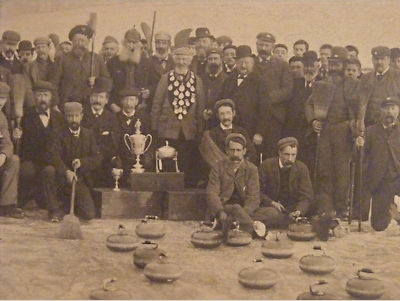
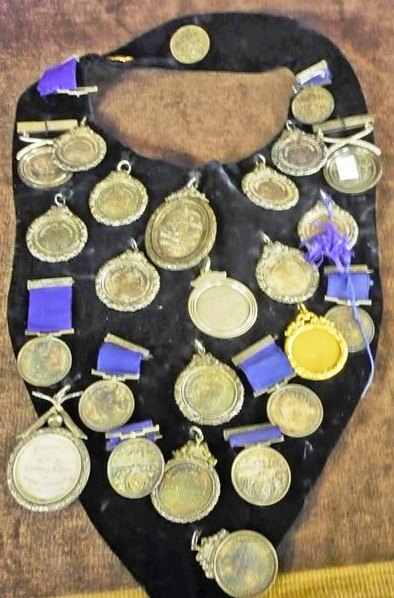
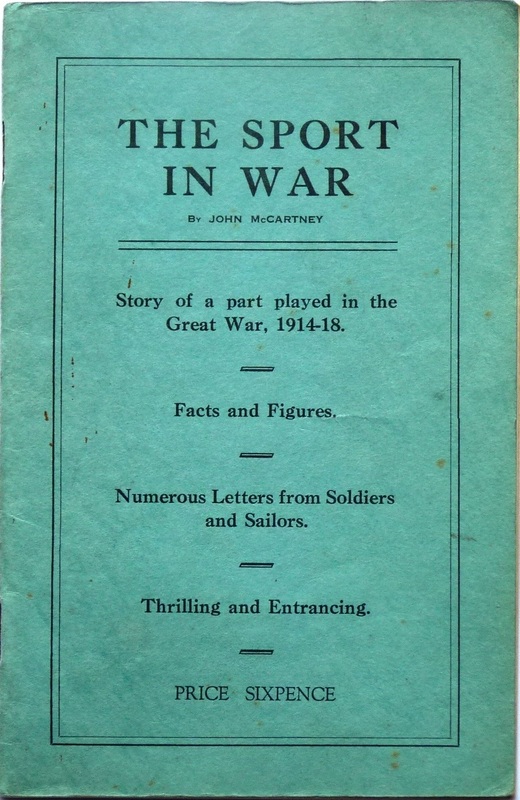
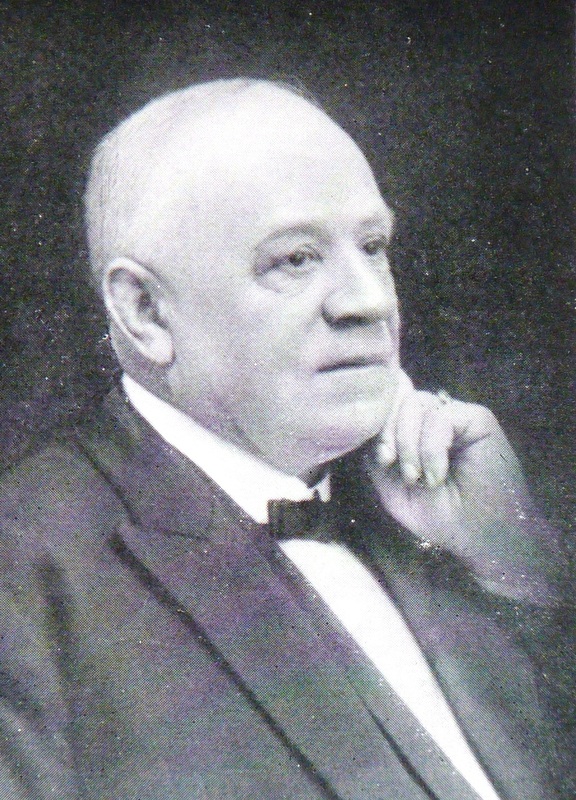
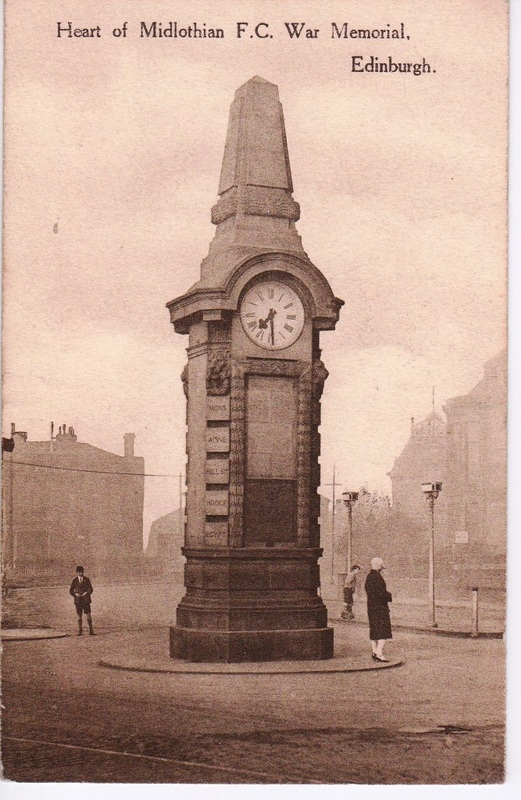
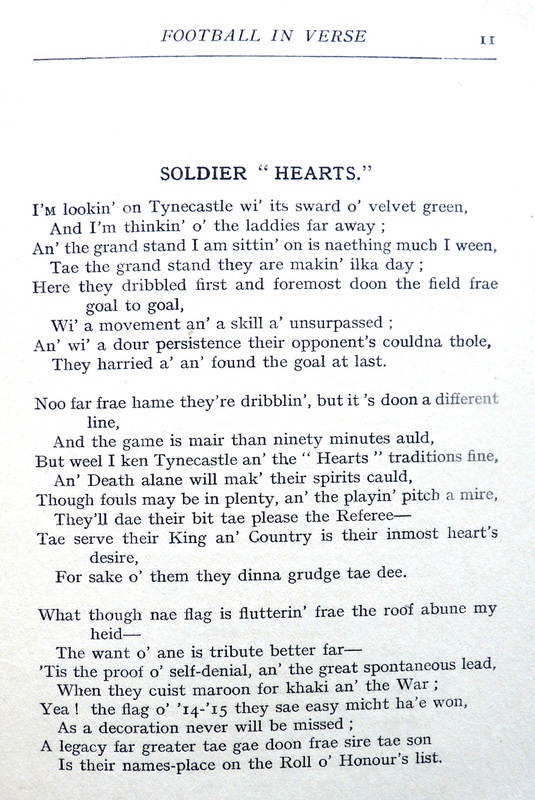
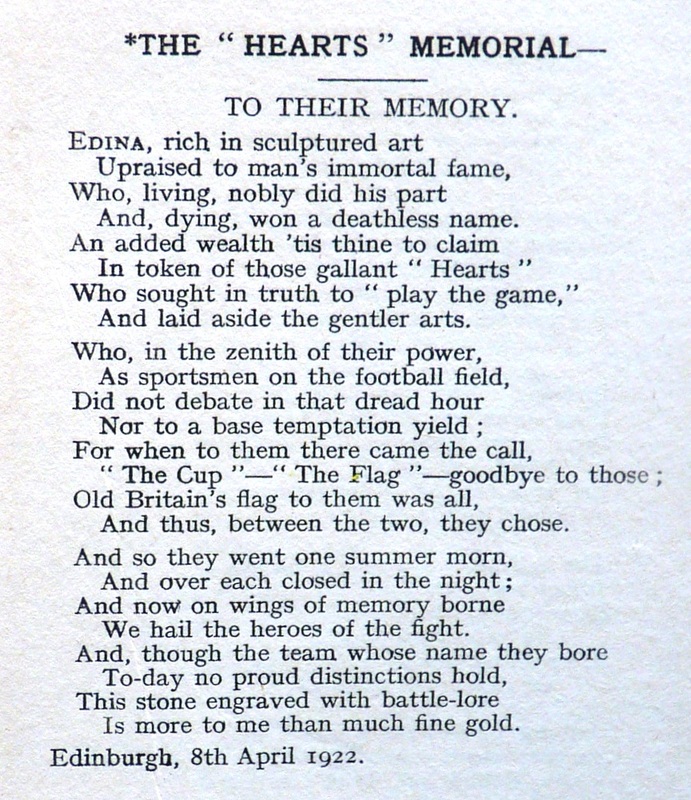
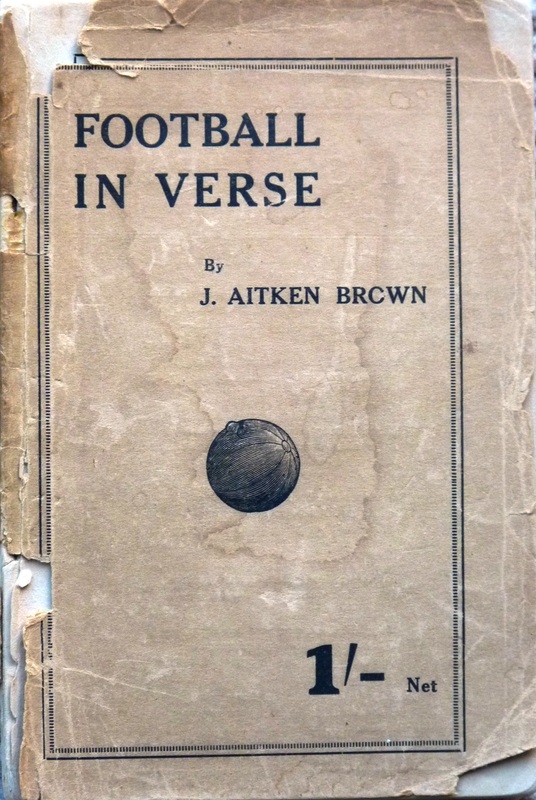
 RSS Feed
RSS Feed